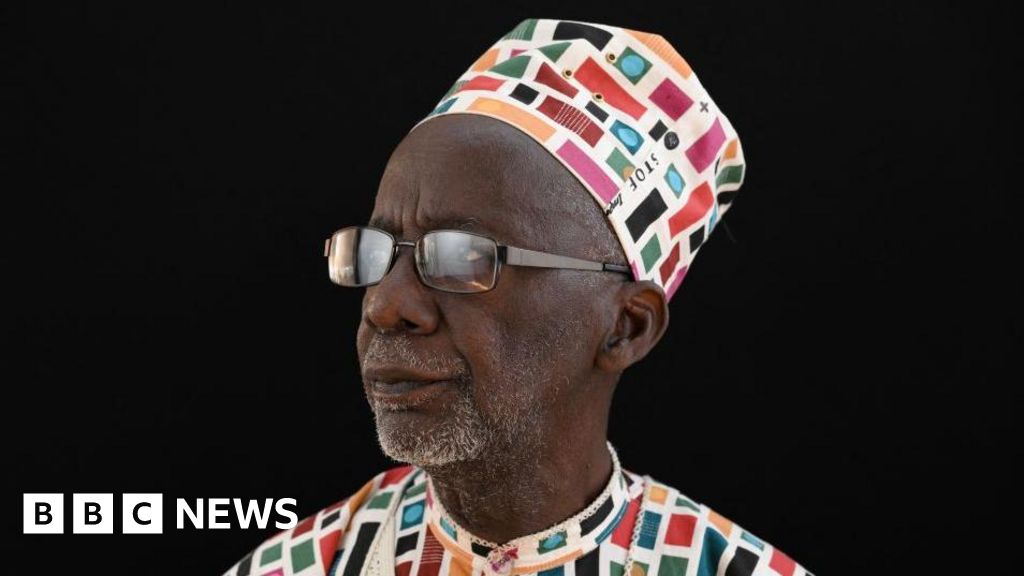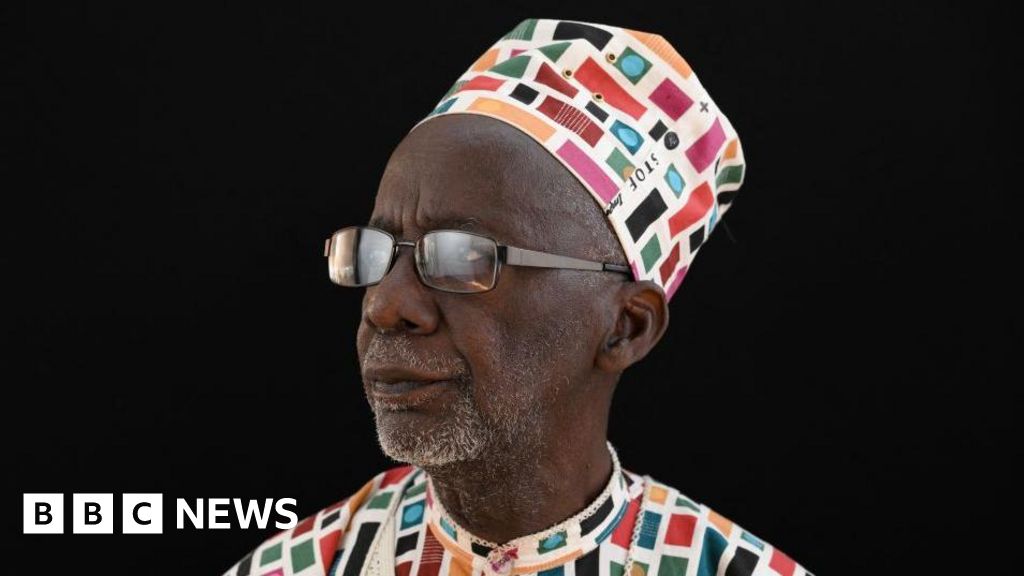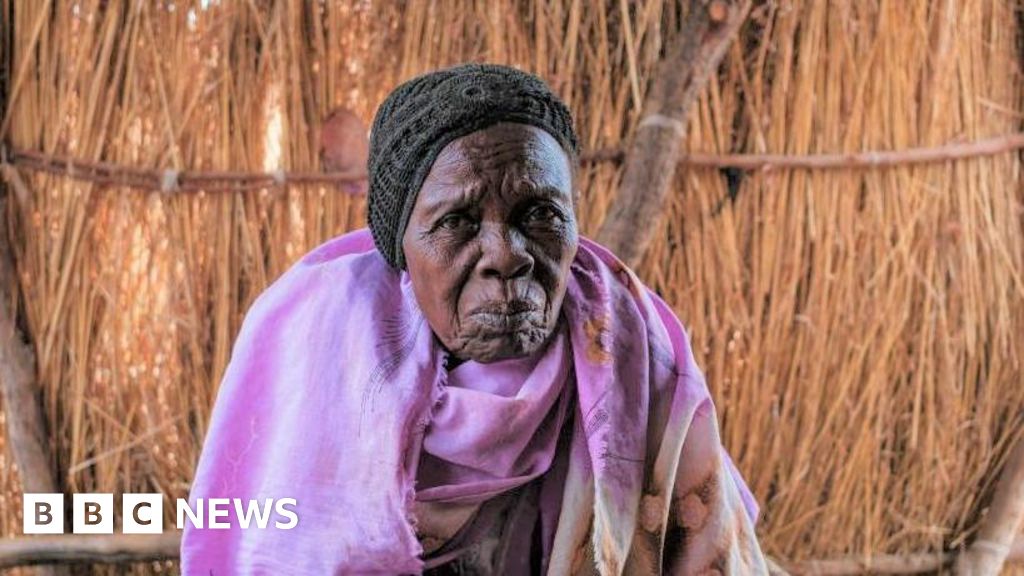
Malian film director Souleymane Cissé, one of the pioneers of African cinema, has died aged 84.
His daughter, Mariam Cissé, confirmed his death at clinic in the capital Bamako, expressing shock and mourning “the loss of a man who dedicated his life to film and art”.
The cause of his death has not been announced.
Cissé gained international recognition in 1987 when his film Yeelen (The Light) won the Jury Prize at the Cannes Film Festival, making him the first film-maker from sub-Saharan Africa to win an award at the prestigious festival.
His trailblazing career spanned more than 50 years, winning many accolades along the way.
In 2023, Cissé was honoured by Cannes with a Carrosse d’Or award, usually given to directors who have “marked the history of cinema with their boldness, their exacting standards and their intransigence in staging”.
Cissé was also a double winner of the grand prize at the biannual Pan-African Film Festival, Fespaco.
At the time of his death he had been due to travel to Burkina Faso to preside over the jury at the festival, which opens on Saturday.
Tributes have been pouring in for Cissé for his dedication to African storytelling.
Mali’s Culture Minister Mamou Daffé lamented the loss “of this monument of African cinema”, while fellow Malian director Boubacar Sidibé said the country’s film industry was in “mourning”.
Film lovers have praised Cissé’s works for their complexity, political engagement and deep humanity.
His first feature film, Den Muso (The Young Girl) shot in 1975, was in the local Bambara language, and is considered an African classic.
The film is about a young girl who is raped, becomes pregnant and is rejected by her family.
The film was banned by the Malian authorities, and Cissé was jailed for having accepted French funding. He wrote the screenplay for his second film, Baara (Work), while in prison.
He made other films including Finyè (The Wind) in 1981, and Yeelen (The Light), which won the Jury Prize in Cannes in 1987. His last film in 1995 was Waati (Time).
Cissé was born in the Malian capital Bamako, and spent part of his childhood in neighbouring Senegal.
Later, he studied film in Russia’s capital Moscow, becoming one of the first generation of African film-makers.
Cissé went on to champion government support for and investment in the film industry.
He was the founding president of the union representing West Africa’s entrepreneurs in cinema and audiovisual arts.
Cissé was often outspoken about other barriers to the spread of African cinema – criticising “censorship” and “contempt”, and urging young film-makers not to act like “beggars who must plead every time for financing from Europe” but instead seek greater independence.
Hours before his death, he reportedly urged Mali’s military government to help the country’s industry catch up with its continental rivals.
“It is not enough to make cinema, the works must also be visible,” the AFP news agency quoted Cissé as saying.
“May the authorities help us with the construction of cinemas.”
Additional reporting by Natasha Booty



